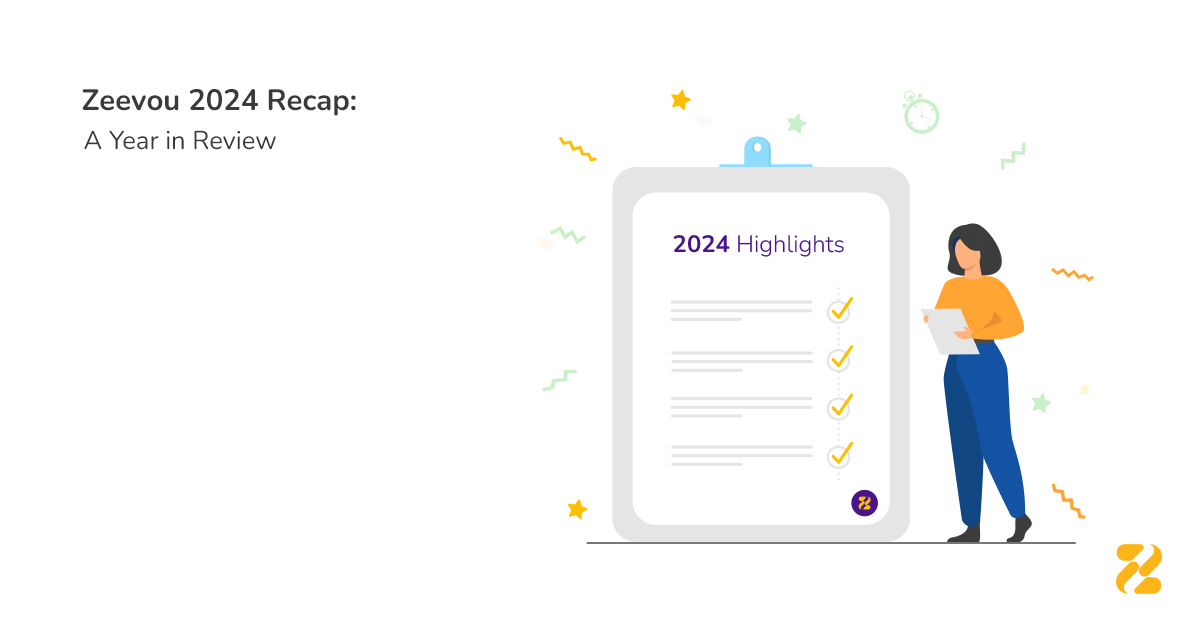During the Coronavirus crisis, some listing platforms, such as Airbnb, got more serious about long-term stays (stays of one month or more). So they allowed extended maximum length of stay for short-term rentals. The aim was to help hosts open up their listings and provide more local accommodation during challenging times.
It seems that Booking.com has also followed the competitors and started to extend the maximum length of stay to more than 30 nights.


Suppose Booking.com is going to offer more extended stays. In that case, you should know its effects on your vacation rental business if you want to use this service.
Table of Contents
What Are the Possible Impacts of Longer Stays on Short-term Rental Hosts?
Hosts who intend to rent their short-term rentals for more extended stays should consider some points, such as:
Local Tenant-Landlord Laws
Make sure you are familiar with regulations in your area about when someone becomes a tenant. In some places, guests can become tenants if they stay for 30 days in rental accommodation. Thus, they will gain tenants rights that could be troublemaking for the host.
Check the local rules if you don’t want to be subjected to landlord-tenant eviction regulations. As an example, you are not allowed inside during your tenants stay. This could simply lead to a disaster in the end if you are not able to check your property regularly.
Sorting a problem with a short-term guest is simple. But it could it is a whole different issue when getting in trouble with long-term tenants involving courts.
Reviews and Search Ranking
Accepting longer stays means gaining few reviews. So if you are a newcomer, you probably want to build up as many good reviews as possible to improve your ranking first. In that case, renting your property for a more extended stay may not be a wise choice.
The Matter of Insurance
You may not be covered for stays of 30 days or longer if you have short-term rental insurance. So you need to explore further as the insurance for residential rentals is different from vacation rentals in many countries.
Nightly Rate Considerations
Despite that all the long stays are tax-exempt, they usually are subject to discounts for nightly rates. Depending on your rates, it might be more reasonable to accept a short stay with higher rates and tiny tax.
In addition, adjusting different rates for a unit in a specific period of time is better applied for short-term stays. Thus longer visits may come with less hassle of dynamic pricing but also end with lower efficient pricing.
Cleaning Issues
The amount of cleaning necessary after longer stays are not comparable with that of short stays. Even a 7-day booking takes deeper cleaning than a weekend stay. As you can imagine, an extended reservation will necessitate a lot of cleans up and cost more. Therefore, the host may need to charge guests for additional cleaning and include it on their total stay fee.
Overall, admitting a long-term stay, whether from booking.com or any other platform, will have various impacts on the operations of short-term rentals. So it is recommended to consider the aforementioned and think twice before setting your unit maximum length of stay.




